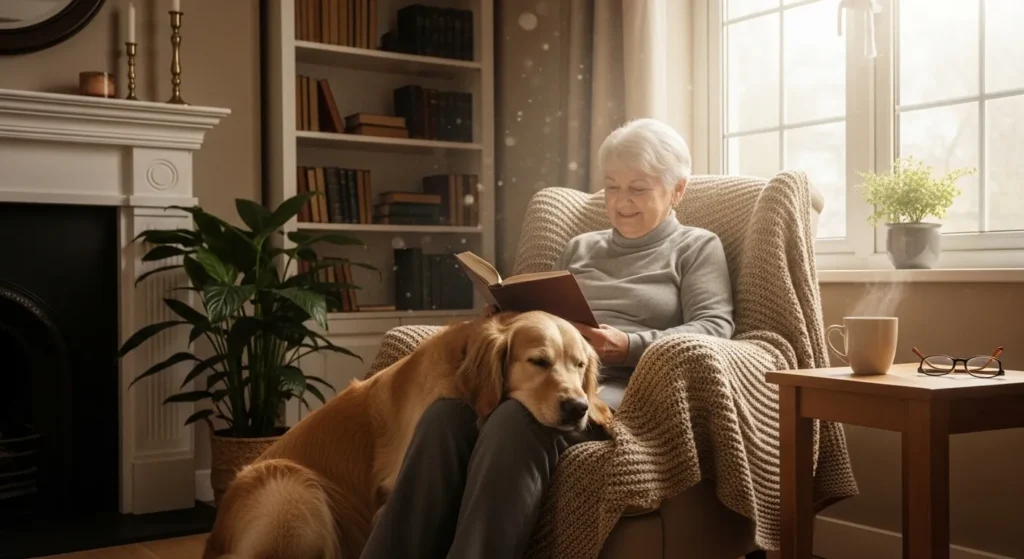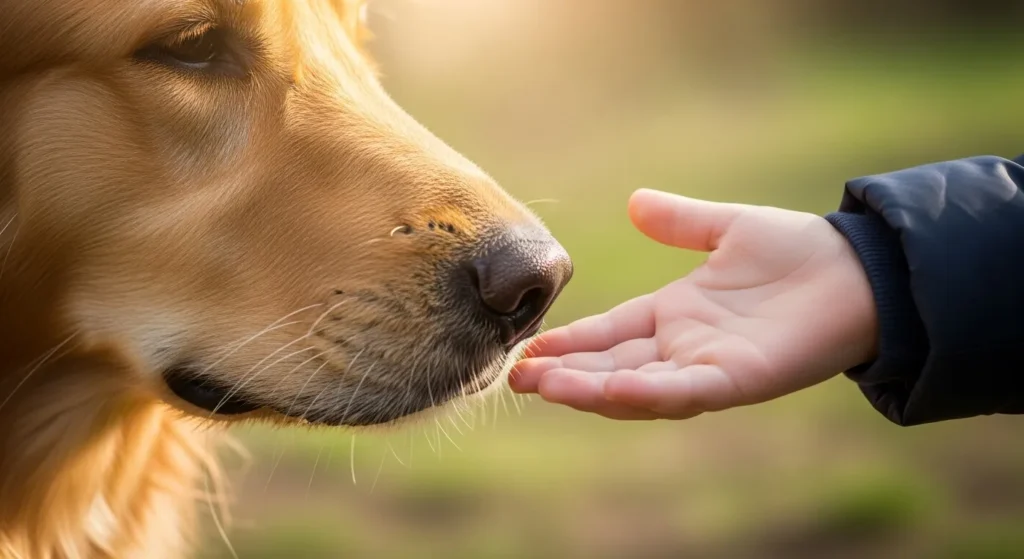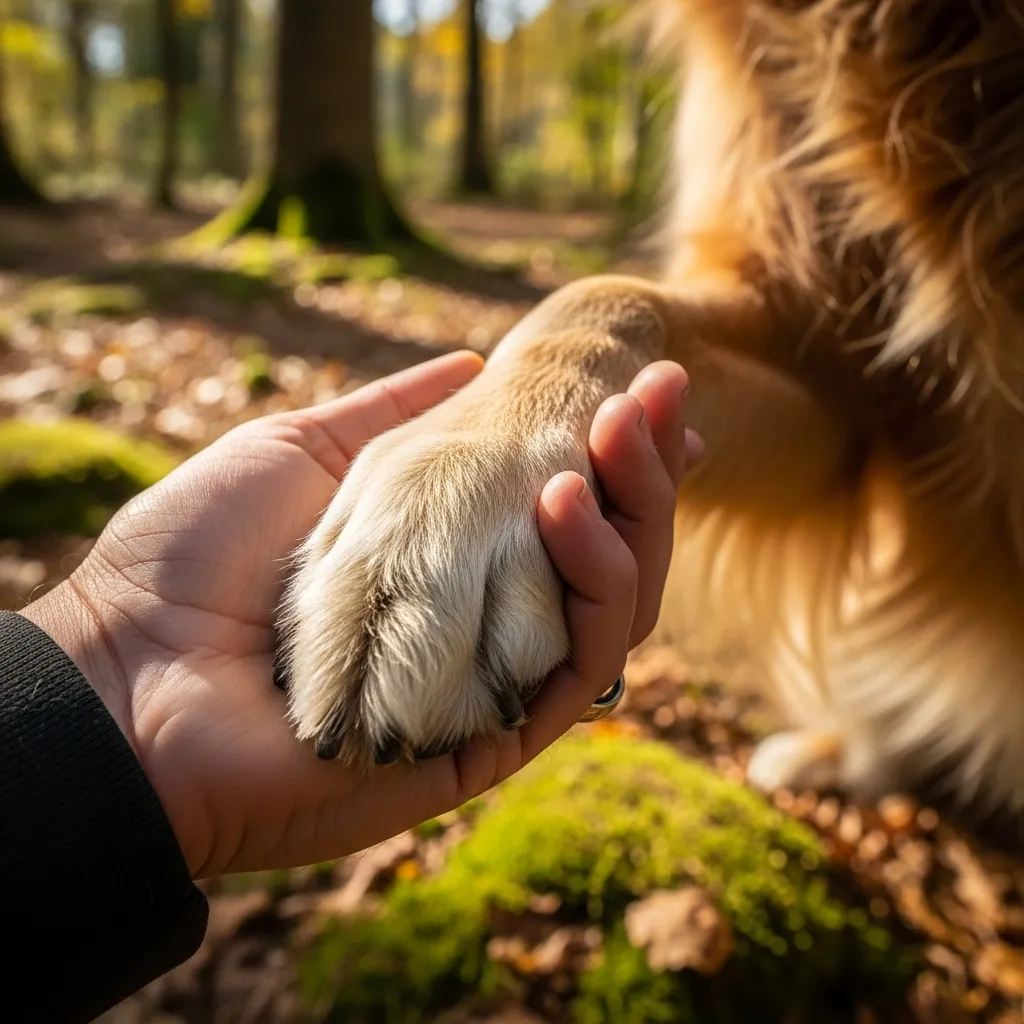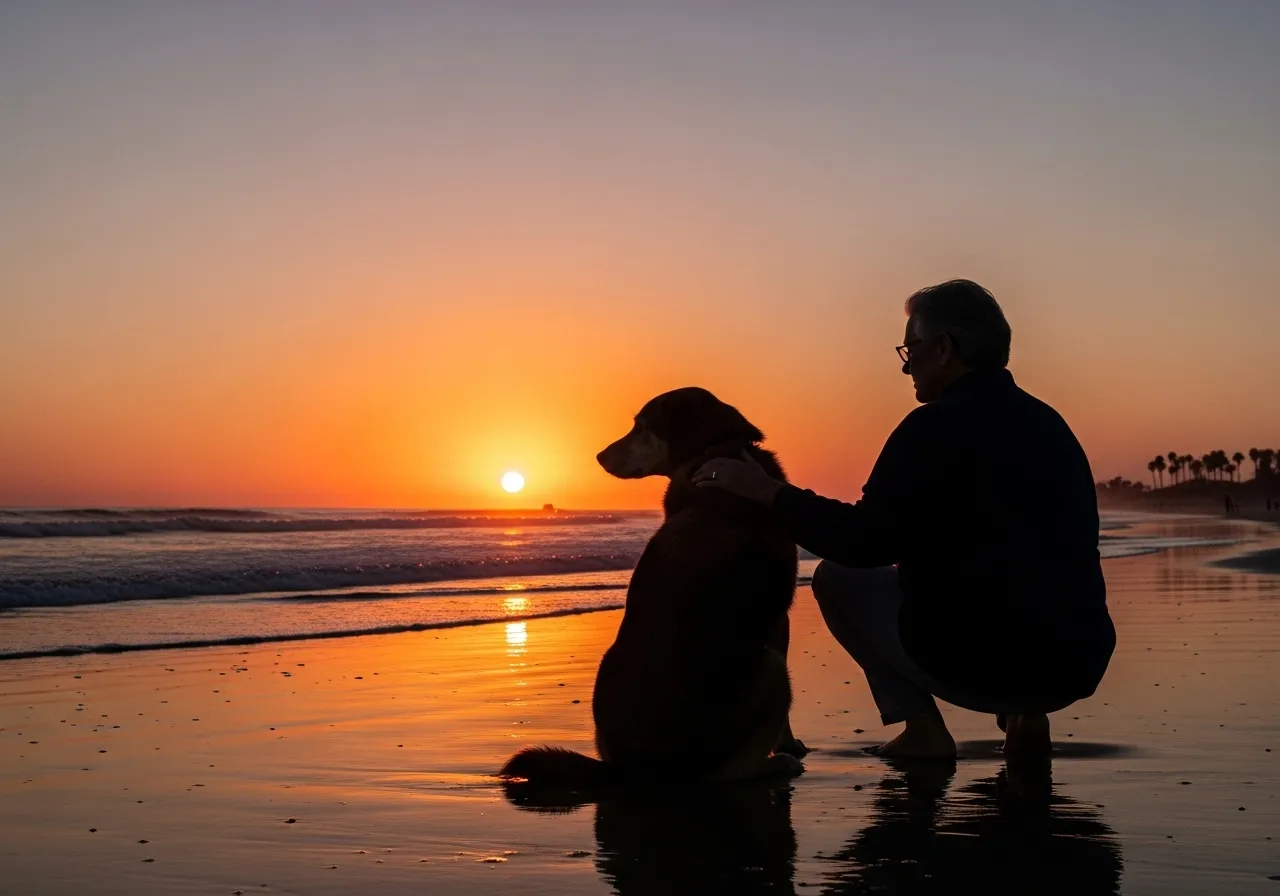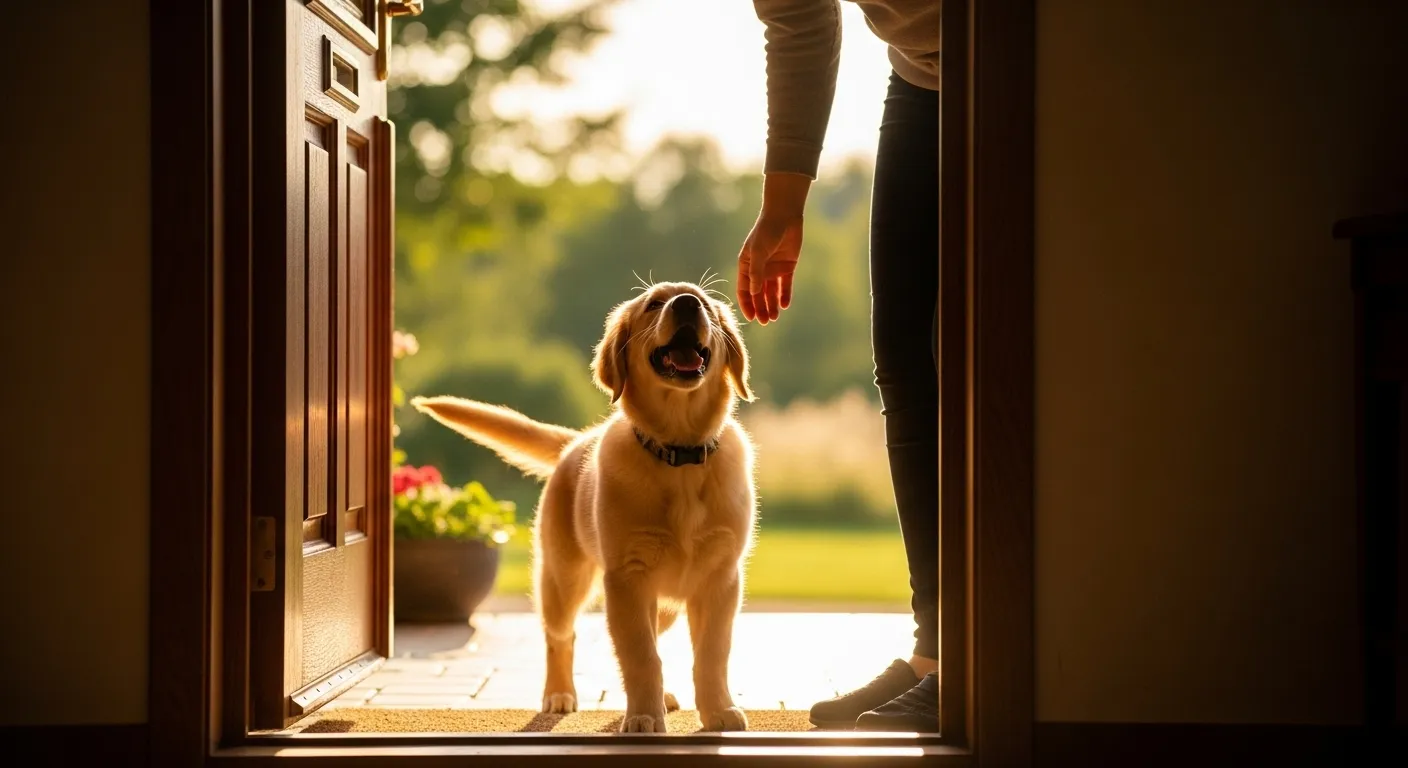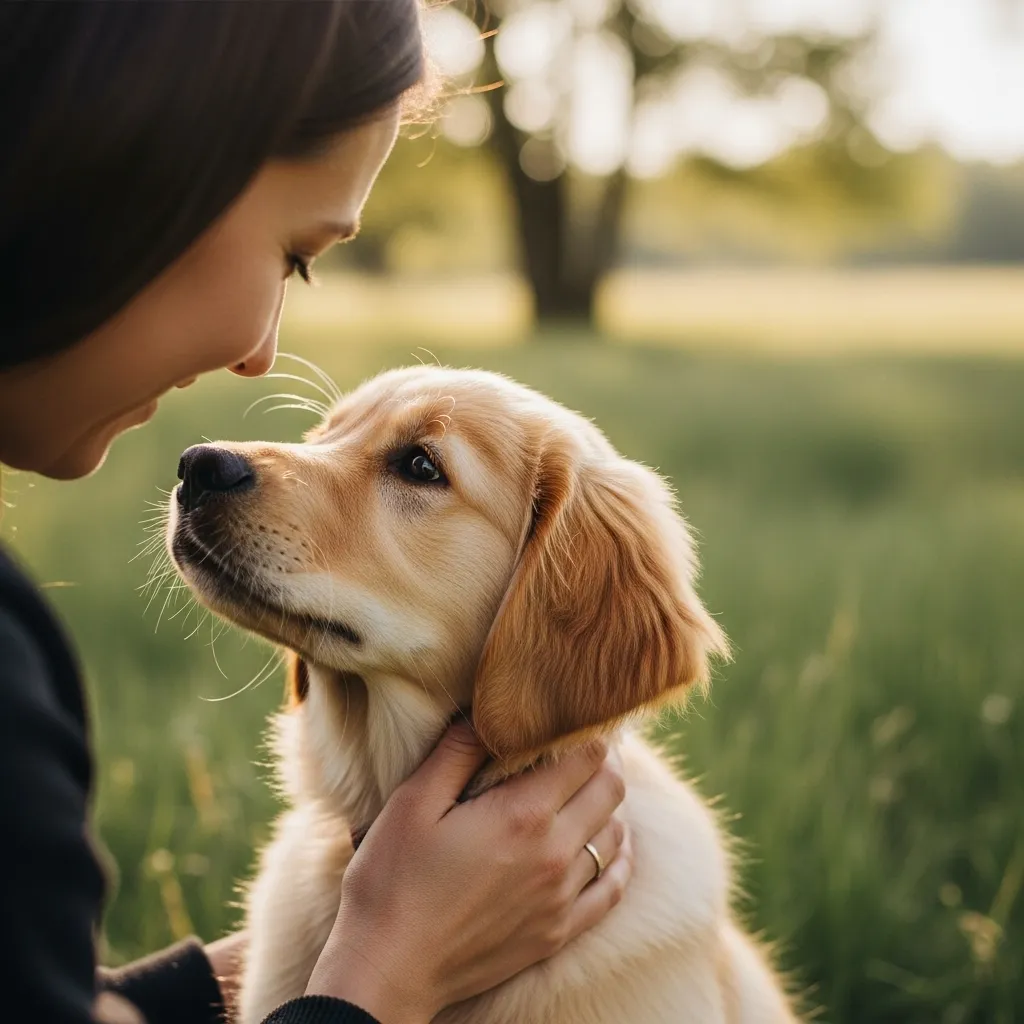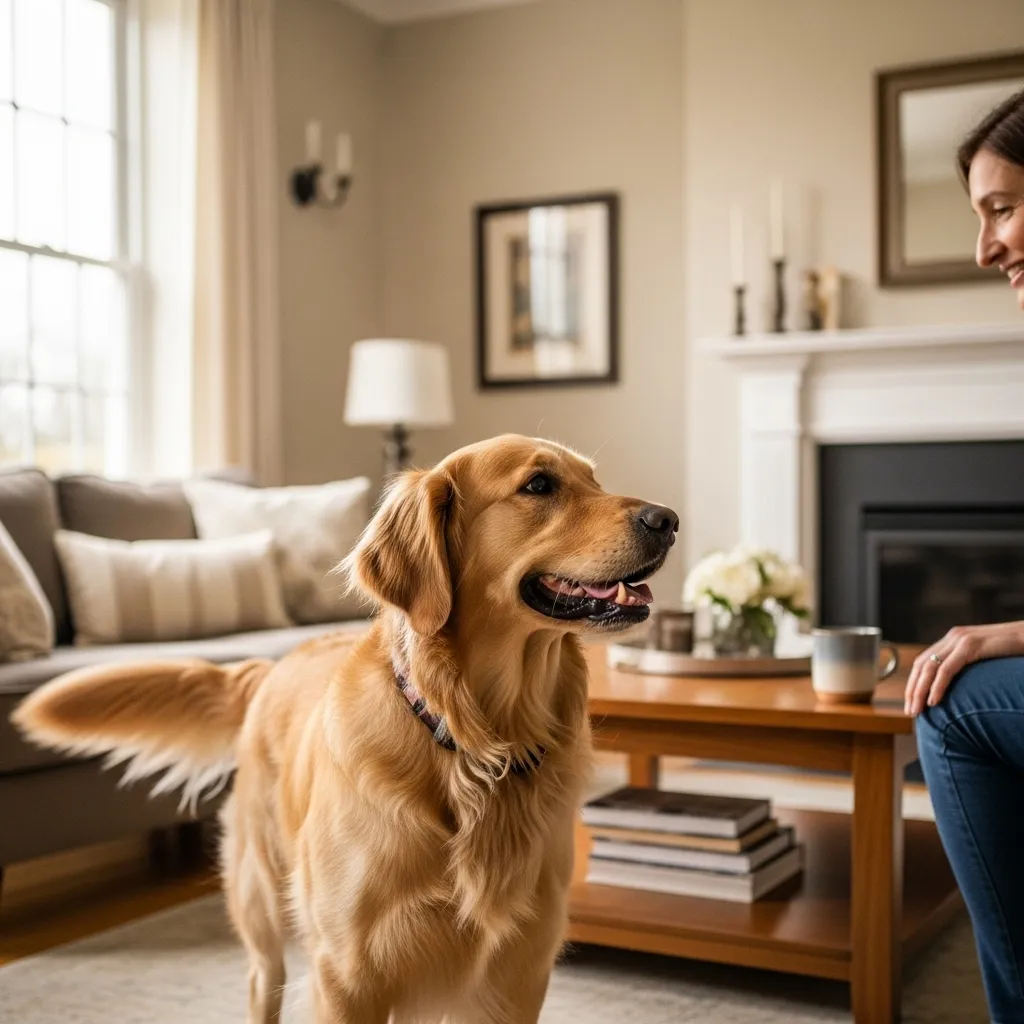
Navigating the Golden Years Together: Health and Happiness
Adopting a senior pet means embracing their life story, including their medical history. While many senior animals are perfectly healthy, some come with age-related conditions that require management. This shouldn’t be a deterrent; rather, it’s an opportunity to provide compassionate care and build a strong partnership with a trusted veterinarian. The first step after any adoption should be scheduling a wellness check-up to establish a baseline for your new friend’s health.
Your vet is your most important ally. They can help you understand common senior pet issues like arthritis, dental disease, or declining vision and hearing. More importantly, they can help you make small, practical adjustments at home to improve your pet’s quality of life. An orthopedic bed can soothe aching joints. A simple ramp can make getting onto the sofa or into the car much easier. Raised food and water bowls can improve comfort during meals for pets with stiff necks. These are minor changes that make a major difference in a senior pet’s daily comfort.
Many animal rescue organizations and shelters provide outstanding initial veterinary care for the animals they take in. They often perform senior blood panels, dental cleanings, and address any immediate health concerns before the pet is even made available for adoption. When you adopt from a reputable organization, you are often starting with a clear picture of the pet’s health needs. For more information on general pet health, the American Veterinary Medical Association (AVMA) is an excellent resource.
The story of David and Luna is a wonderful example of how proactive care and a strong vet partnership can ensure that a senior pet’s golden years are truly golden.
David and Luna: A Commitment to Comfort
David, a retired mechanic, had always had Golden Retrievers. When his last dog passed, he decided he wanted to give a home to a senior dog in need. He found Luna through a breed-specific rescue that focused on rehoming older Goldens. At twelve years old, Luna had a sweet, graying face and the gentle, trusting nature typical of her breed. She also had significant arthritis in her hips, a common ailment for large senior dogs.
The rescue was transparent about her condition. They had already started her on a daily joint supplement and provided David with her full medical records. David’s first stop with Luna was his long-time veterinarian, who commended him for adopting a senior. Together, they developed a comprehensive care plan. It included keeping Luna at a lean weight to reduce stress on her joints, continuing her supplements, and starting a safe, low-impact exercise routine.
Their walks were short and slow, more about sniffing and enjoying the fresh air than covering distance. David bought a sturdy, foldable ramp so Luna could easily get into his SUV for their cherished trips to a nearby lake, where she could swim—an excellent, non-weight-bearing exercise. At home, he placed non-slip rugs over his hardwood floors to help her with traction and bought her a thick, memory-foam orthopedic bed that she adored.
David didn’t see Luna’s arthritis as a burden. He saw it as a roadmap for how to best care for her. He took pride in keeping her comfortable and happy. In return, Luna gave him her unwavering devotion. She would follow him from room to room, resting her heavy head on his knee whenever he sat down. Their bond was forged not in spite of her age and health issues, but through the gentle, daily acts of care he provided. It was a partnership built on a deep commitment to her well-being, and a perfect example of how to lovingly manage a senior pet’s health.

